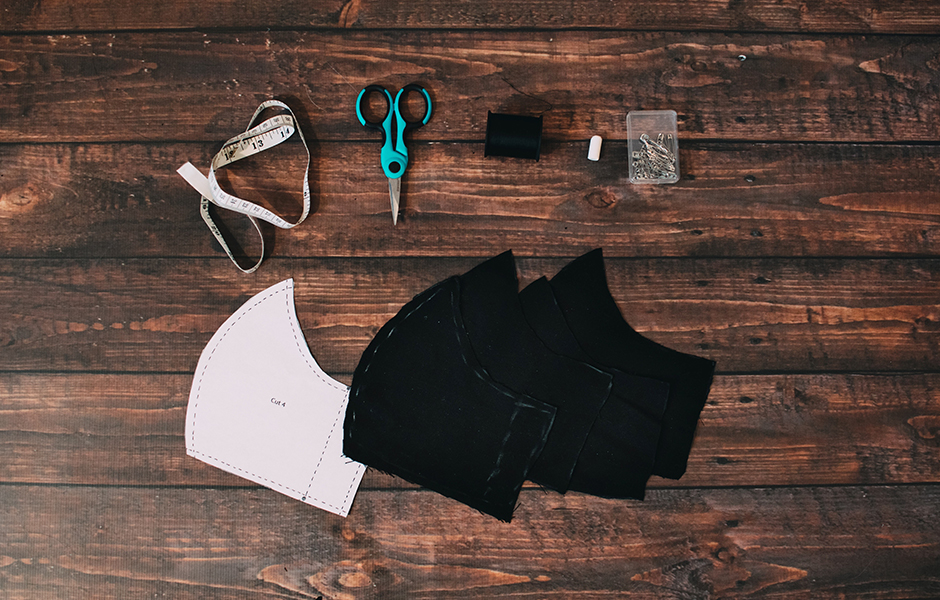A team of researchers from the Faculty of Medicine of the University of Porto (FMUP) and CINTESIS, together with CITEVE, analyzed different types of textiles to check for particle filtration power and breathability (or air permeability), with a view to producing masks for community use.
The analysis was carried out on a sample of 49 textiles, including commonly accessible fabric options. Methods validated by INFARMED – National Authority for Medicines and Health Products were followed for the evaluation of this type of fabric, the use of which has become widespread in recent weeks due to the pandemic of COVID-19.
The results have been published in the journal Respirology and can be accessed and consulted interactively online via a site site developed by this research group (http://simtestcovid.gim.med.up.pt/mask/).
The data provided point to important differences between the various types of materials used in the masks, namely regarding the masks’ respective particle retention and breathability.
“In the absence of a certified mask, the non-woven fabric and the cotton jersey fabric (type T-shirt ), in double layer, correspond to the best options to cover the nose and mouth, both in terms of particle filtration and air permeability ”, they explain.
The authors’ objective is to draw attention to the importance of the properties of the materials used in the manufacture of these masks and to contribute to the definition of recommendations that guarantee more effective protection against SARS-CoV-2 infection.
According to Bernardo Sousa Pinto (researcher FMUP / CINTESIS and first author of the study), “there is increasing evidence that the widespread use of a mask helps to reduce the risk of infection transmission”.
In this regard, “although masks for community use do not provide the necessary protection for contexts of greater risk of transmission of the new coronavirus (as in the case of health professionals), they should be used in general by asymptomatic individuals, in their daily activities”.
The study also had the participation of Ana Paula Fonte and Antónia Andrade Lopes (CITEVE) and João Fonseca, Altamiro da Costa Pereira and Osvaldo Correia (FMUP / CINTESIS).

